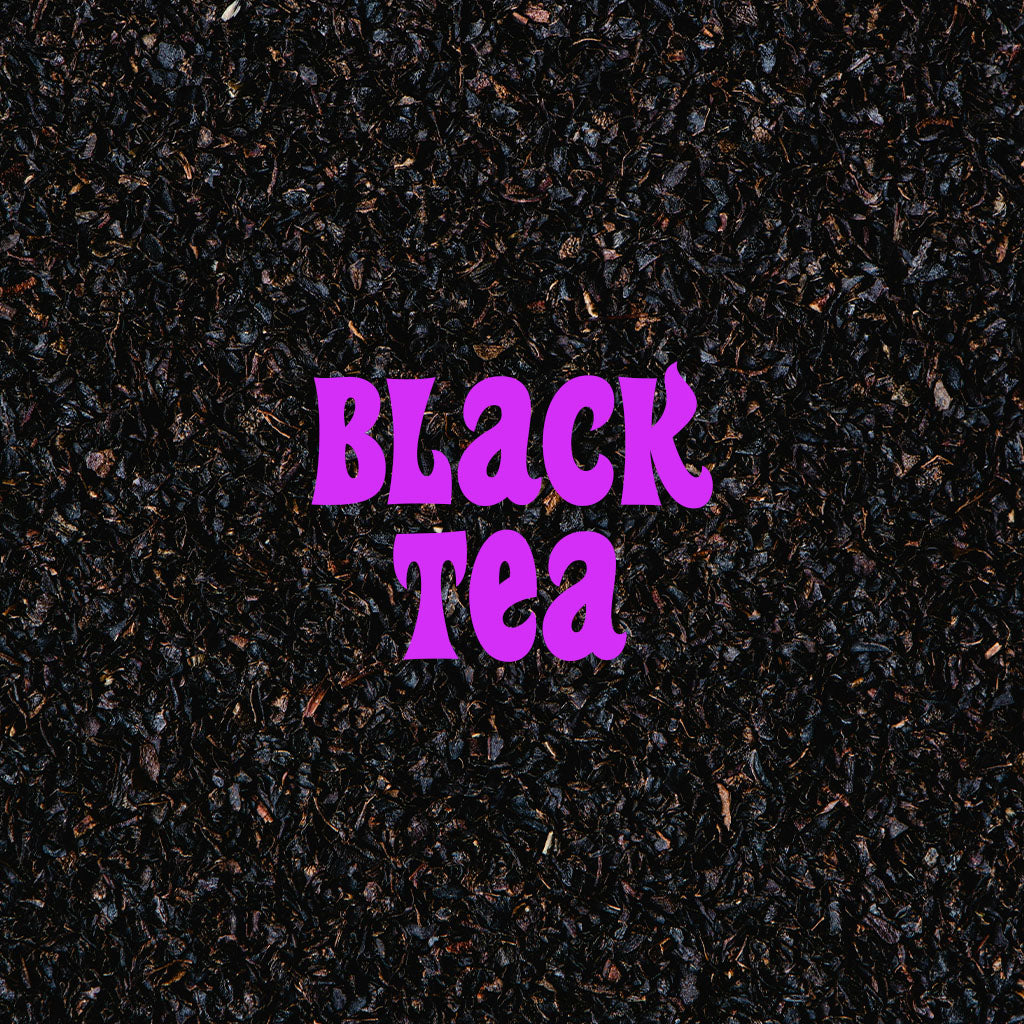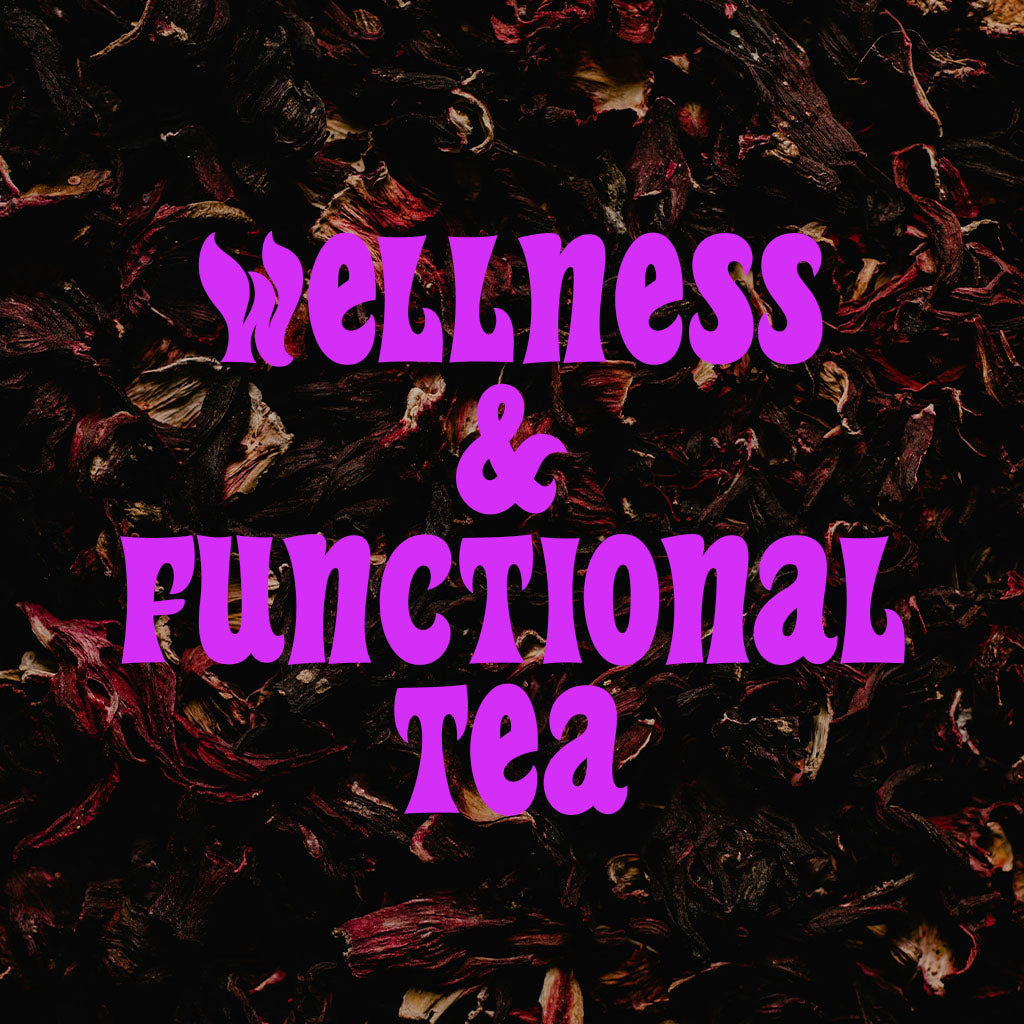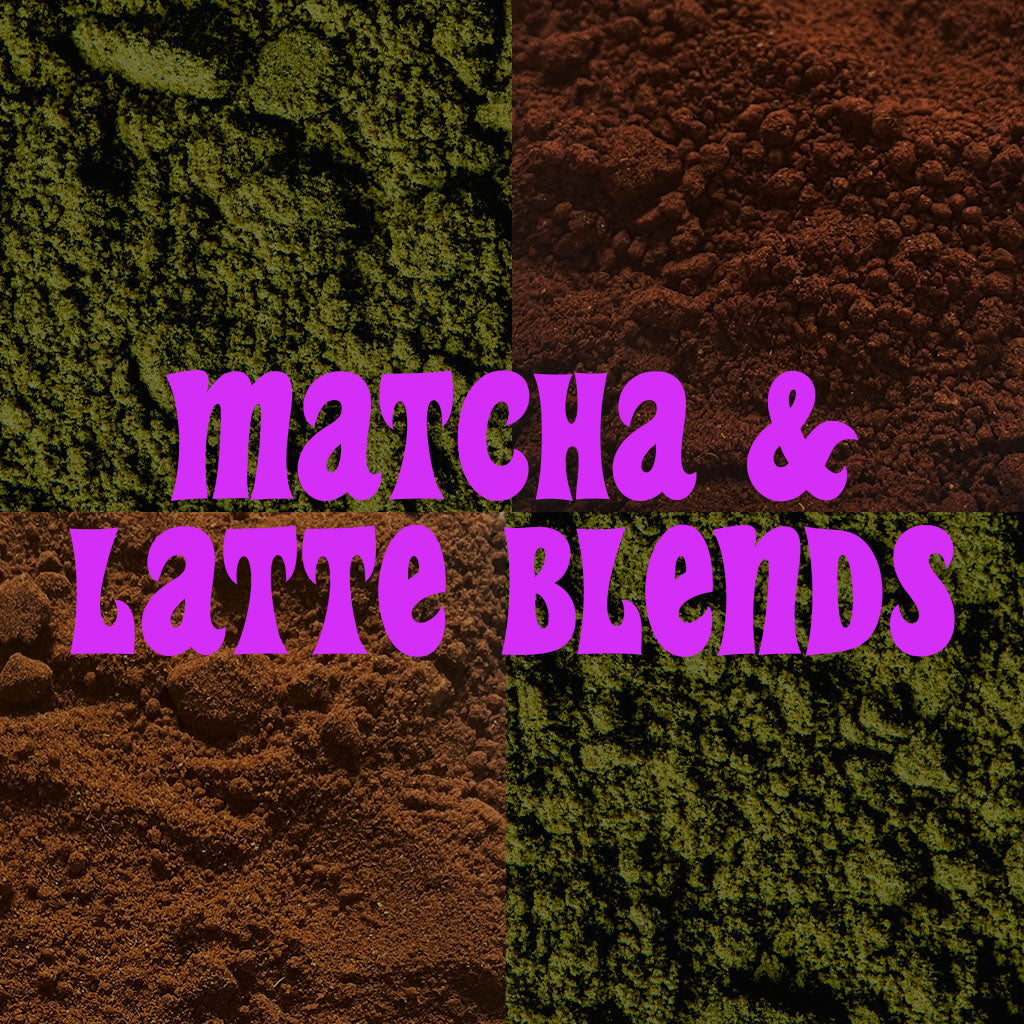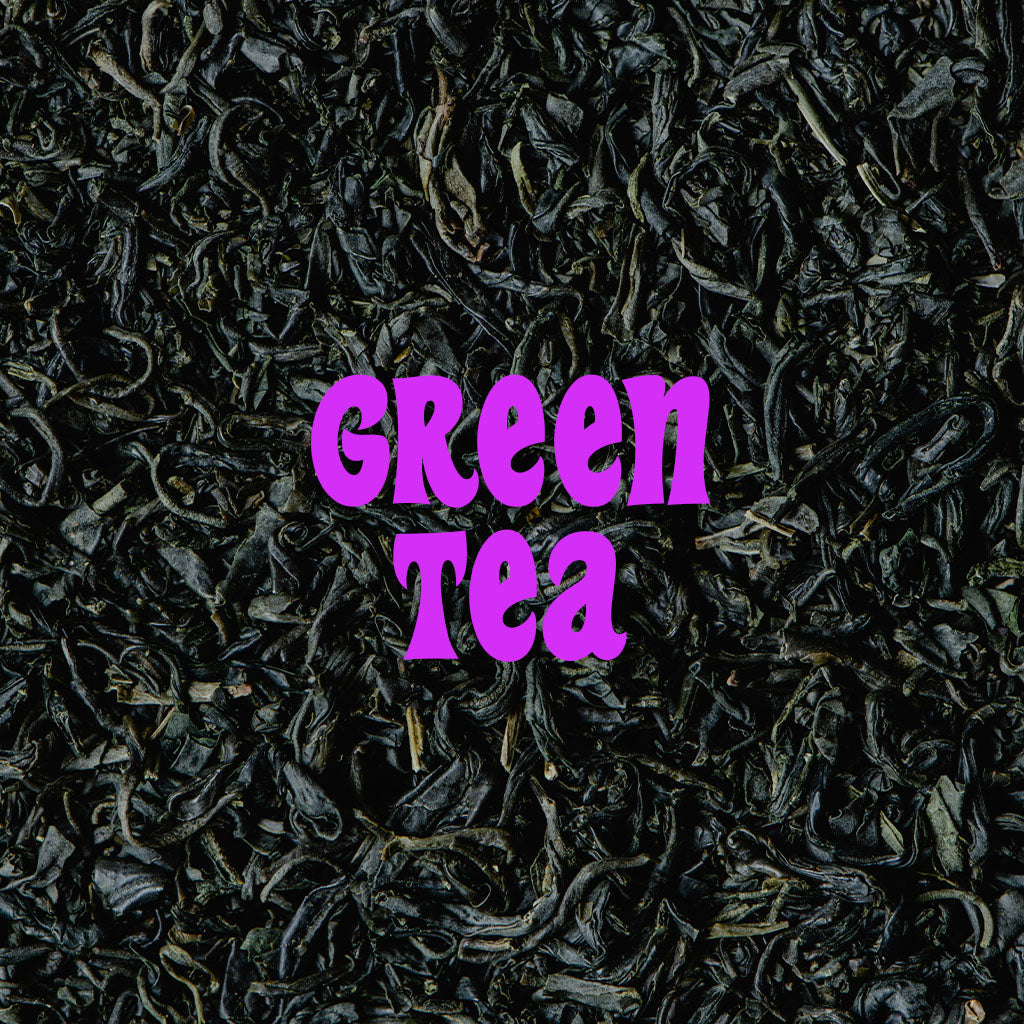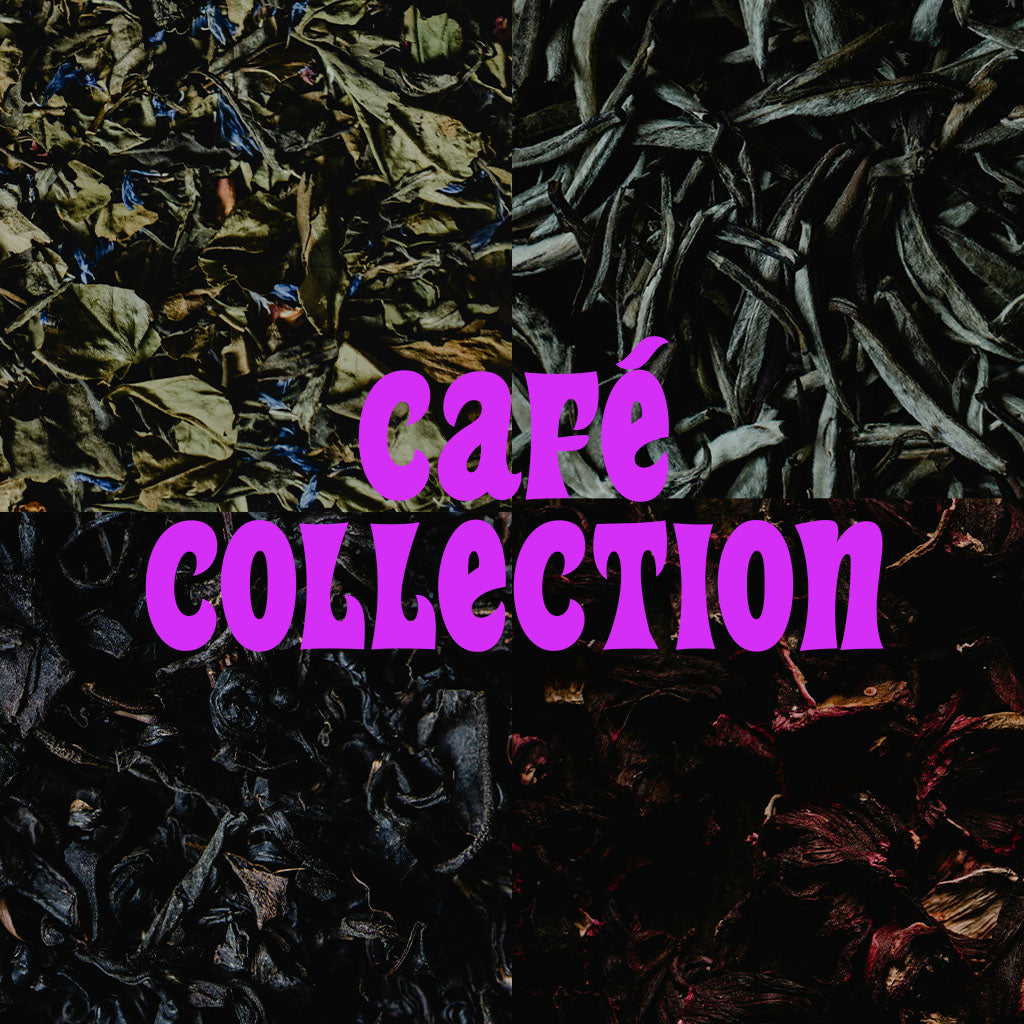Why Organic, Loose Leaf Tea is Better for You (and the Planet)

When it comes to tea, the way it’s grown and how it’s brewed makes a bigger difference than most people realise. Beyond flavour, the choice between organic loose leaf tea and mass-produced teabags has an impact on both your health and the environment. Here’s why sipping organic, loose leaf tea is a choice that feels as good as it tastes.
Tea plants naturally absorb compounds from the soil, which means whatever is sprayed or applied to the crop can end up in your cup. Studies have shown that conventional teas can contain residues of pesticides, heavy metals, and artificial fertilisers. For example, research published in Food Research International (2014) found detectable pesticide residues in a significant number of non-organic teas on the market.
Organic tea farming bans synthetic pesticides and fertilisers, instead relying on natural compost, beneficial insects, and soil health management. This means:
- Lower risk of chemical residues in your tea (and in your body).
- Higher antioxidant potential: A 2016 review in the Journal of Food Science noted that organic farming often results in higher polyphenol content, the powerful plant compounds linked to reduced inflammation, improved heart health, and even better skin.
- More authentic flavour: Without chemical interference, organic tea reflects the true terroir of the region where it’s grown.
Not all tea leaves are treated equally. Most supermarket teabags contain “fannings” or “dust” - the smallest broken fragments of tea left after higher-grade leaves are sorted out. While they brew quickly, they lose much of the complexity, essential oils, and antioxidants found in whole leaves.
Loose leaf tea preserves these nutrients and flavour compounds because the leaves are intact. This means:
- Richer flavour and aroma: The leaves have more space to unfurl, releasing a full spectrum of taste.
- Higher levels of catechins and theanine: Compounds linked to stress reduction, metabolism support, and focus.
- Multiple infusions: Whole leaves can often be steeped two or three times, still releasing beneficial compounds.
And there’s another hidden concern: many modern teabags are sealed with plastics such as polypropylene or made from food-grade nylon. A 2019 study published in Environmental Science & Technology found that steeping a single plastic teabag at brewing temperature could release billions of microplastic particles into your cup. Loose leaf tea, brewed with a simple strainer or teapot, avoids this issue entirely.
Every cup of tea carries an environmental footprint. Choosing organic and loose leaf reduces it significantly:
- Soil and water protection: Conventional agriculture often contributes to soil degradation and waterway contamination through pesticide runoff. Organic farming avoids these pollutants, protecting ecosystems downstream.
- Biodiversity support: Organic tea plantations often serve as havens for pollinators, birds, and other wildlife, thanks to reduced chemical use and more diverse plantings.
- Lower carbon footprint: By focusing on natural soil fertility and avoiding energy-intensive chemical fertilisers, organic farms reduce greenhouse gas emissions.
- Less waste: Loose leaf tea eliminates individually wrapped teabags, staples, and string. Compostable tea leaves return nutrients to the soil, creating a circular cycle.
Switching to organic, loose leaf tea is more than a lifestyle choice, it’s a science-backed way to protect your health and the planet. With higher antioxidant content, fewer contaminants, and no hidden plastics, it’s the cleaner, more sustainable way to enjoy your daily cup.
So next time you brew, go organic, go loose, and let every sip be an investment in your wellbeing and the Earth’s future.

